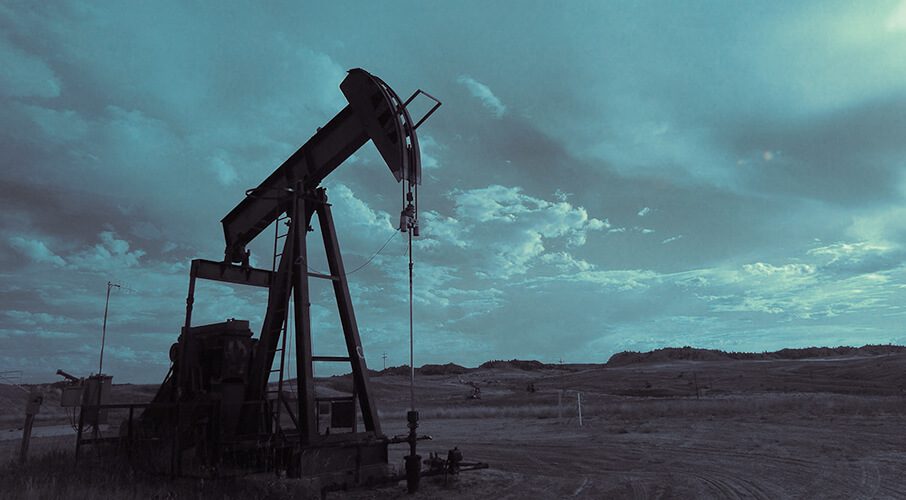This article originally appeared in the Financial Post.
By Heather Exner-Pirot, September 28, 2023
In the past 11 years, Indigenous nations have obtained more than $10 billion in equity in major resource projects across Canada. The bulk of these projects have been in utility assets, but about 40 per cent by value have been in oil and gas. Loan guarantees for Indigenous nations are a very useful policy instrument that allows them to become part owners of projects on their territories. As Ottawa considers expanding their use, it needs to allow Indigenous communities to decide for themselves what kind of assets they want to own.
Most projects that have attracted Indigenous equity to date have involved long-term contracts and purchasing agreements, transmission lines, hydro power and other renewable energy, as well as pipelines and LNG terminals. This reduces financial risk for the Indigenous communities involved, as the cost of repaying the debt is structured to be less than the project’s earnings. They also provide predictable revenues that allow Indigenous governments to make long-term financial decisions independent of government transfers, while building an asset base they can use as collateral in future.
Many of these deals have only been possible because of loan guarantees from provincial governments. There is nothing new or radical in the concept of governments providing loan guarantees for things deemed to be in the public interest; it is the central premise of development and infrastructure banks around the world. In Canada, government-backed loans are used for programs as diverse as housing, farm ownership, public transportation, energy infrastructure and student loans.
What is new is applying the concept to Indigenous economic development and designing programs in ways tailored to the unique circumstances of Indigenous communities. One such circumstance is the difficulty First Nations have in raising their own capital in private markets at affordable interest rates, given their inability to use reserve lands or property as collateral. An added bonus of loan guarantees is that they improve social licence and smooth the regulatory process. As equity owners themselves, Indigenous nations are willing partners in projects.
Ontario introduced its Aboriginal Loan Guarantee Program in 2009 to fund electricity infrastructure, while Alberta initiated its Alberta Indigenous Opportunities Corporation in 2019 to fund energy, mining, forestry, agriculture, telecommunications and transportation projects. Together they have supported over a billion dollars in Indigenous equity shares, at very low risk to taxpayers. Following these examples, Saskatchewan established its own Saskatchewan Indigenous Investment Finance Corporation in 2022.
But many provinces have yet to develop their own programs and — no surprise here — there is more demand than funding available. And although the Canadian Infrastructure Bank can fund Indigenous equity in certain types of projects, its mandate is narrow. As a result, the First Nations Major Projects Coalition, supported by the Business Council of Canada and many other Indigenous organizations, industry associations and companies, has been pushing for a national Indigenous loan guarantee program.
Such a program would be a win-win for the country: advancing reconciliation, building infrastructure faster and growing the economy — but using the government’s borrowing powers rather than outright subsidies or grants. The idea’s supporters hope a pledge to establish such a program will be included in Ottawa’s Fall Economic Statement.
But there is growing concern that a federally backed loan guarantee program will be given a mandate that excludes oil and gas. No doubt environmentalists would treat exclusion as a win. But for Indigenous communities it would be taking billions of dollars in potential equity opportunities off the table. For many nations across the country, the oil and gas sector offers by far the best opportunities to generate revenues to fund things like housing, elder and cultural centres, student support and more — not to mention good jobs.
Many past oil and gas deals have involved Indigenous nations acquiring equity in existing assets. These retroactively provide communities with economic benefits from projects on their territories but do not affect levels of fossil fuel production or consumption.
The federal government has recognized the economic value of the oil and gas industry to Indigenous nations, not least through its commitment to bankroll the transfer of ownership of the Trans Mountain pipeline to an Indigenous consortium once it enters service. It also explicitly excluded projects supporting Indigenous economic participation from its recent list of inefficient fossil fuel subsidies to be phased out. There is no logical reason to make a loan guarantee program the hard line between allowing Indigenous participation in oil and gas or not.
A national Indigenous loan guarantee program would be a welcome, indeed overdue, tool to address some of the economic disparities faced by Indigenous peoples in Canada. But they, not the federal government, should decide what kinds of projects they want to be owners of. Ottawa makes many billions of dollars every year from fossil fuels. It would be deeply unfair if Indigenous governments were excluded from the ability to benefit from the oil and gas sector, too.
Heather Exner-Pirot is a special adviser with the Business Council of Canada.






